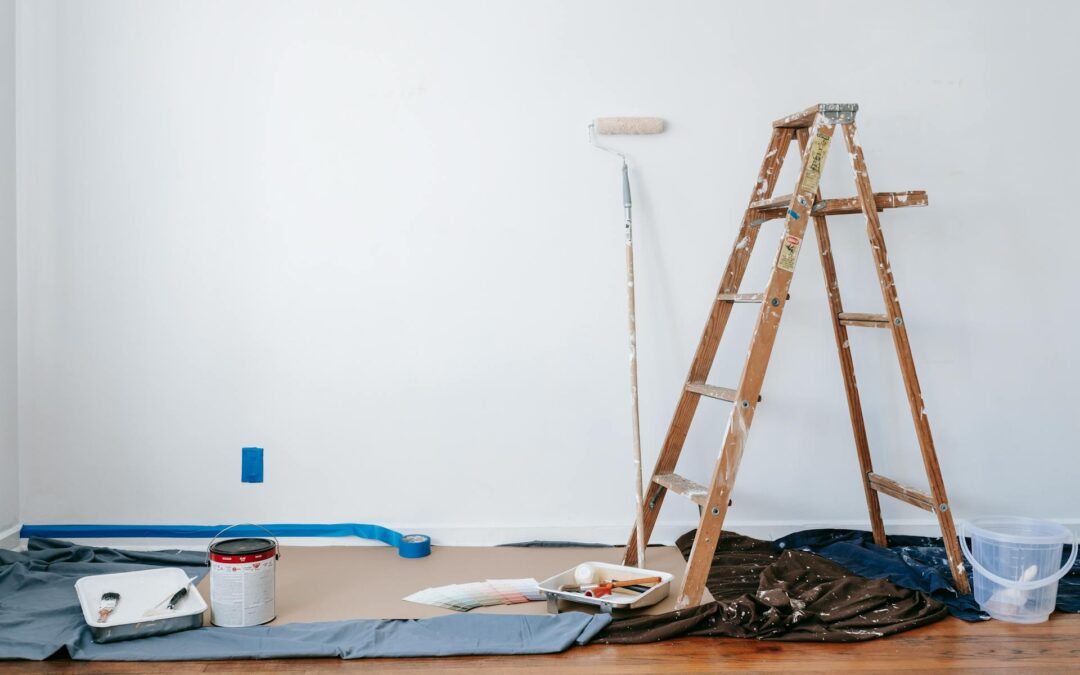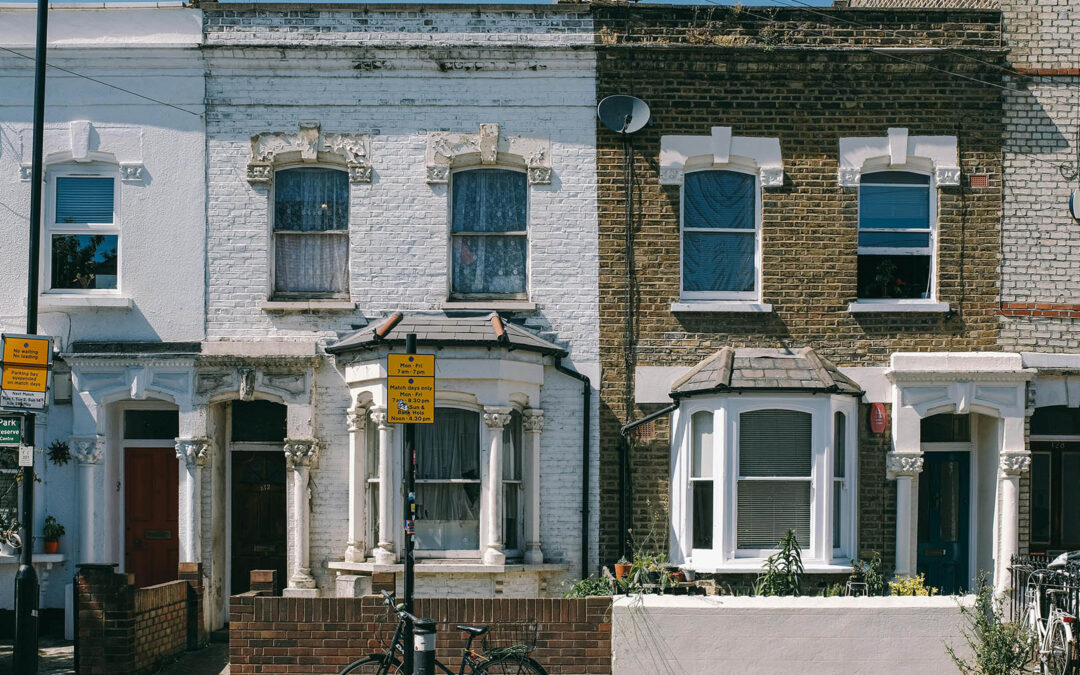Would-be homeowners looking to get on the property ladder for the first time will soon be able to apply for the new Help to Buy scheme.
From 16 December, the latest incarnation of the Government’s affordable housing programme will be open for business.
Applications will be accepted from that date for the scheme, which runs from 1 April 2021 until the end of March 2023.
But who is eligible, how do you apply and what are the benefits?
OnTheMarket has this guide to Help to Buy.
What is the Government Help to Buy scheme?
First introduced in 2013, Help to Buy covers a range of Government programmes aimed at helping first time buyers purchase their first property.
These include shared ownership and the Help to Buy ISA.
The central plank of the scheme is the Help to Buy Equity Loan and this is what is being updated by the Government.
How does it work?
Just as before, the new scheme sees the Government lend homebuyers up to 20 per cent of the cost of a newly built home, or 40 per cent in London.
Participants put down a deposit of at least five per cent and must take out a repayment mortgage of greater than 25 per cent to make up the difference.
What happens after five years with Help to Buy?
For the first five years, the loan is interest free, after which interest starts at 1.75% and rises each year according to the Consumer Prices Index, plus an additional two per cent.
A monthly management fee of £1 is payable for the life of the equity loan.
Is Help to Buy only for new builds?
Yes, it is. As previously, the scheme is restricted to new homes only and not resale properties.
Who is eligible for the Help to Buy scheme?
Unlike before, only first time buyers qualify for a loan. The Help to Buy Equity Loan used to be available to those who had owned property before but did not at the time of applying.
Even if you don’t live there, you must not have a financial interest in any other residential property to be eligible.
Read more
- How to make a competitive offer as a first time buyer
- Five common mistakes first time buyers should try to avoid
- Buying a property on your own: How it can be done
Applicants must also not have ‘owned a home or residential land now or in the past in the UK or abroad’.
If you are married or in a civil partnership, your application will have to be a joint one with your spouse or civil partner.
Buy-to-let investors are not eligible and you will be penalised if, without written consent, you sub-let or rent the property out after you buy it.
What else is new?
Help to Buy (2021-2023) has price caps set at 1.5 times the average first time buyer property price in each region in England.
According to the Government, this aims to ‘keep the prices of new homes closer to the average regional first-time buyer property prices, reducing the amount that first time buyers need to borrow’.
Regional price caps
These are the regional price caps for the new Help to Buy Equity Loan:
- North East – £186,100
- North West – £224,400
- Yorkshire and The Humber – £228,100
- East Midlands – £261,900
- West Midlands – £255,600
- East of England – £407,400
- London – £600,000
- South East – £437,600
- South West – £349,000
How can I apply?
Registered home builders advertise Help to Buy homes for sale on their developments.
Before you can apply for an equity loan, you must reserve your property and pay the fee of no more than £500.
If you do not ultimately exchange contracts, or turn out not to be eligible for Help to Buy, this fee will be refunded.
Help to Buy agents can help you to apply for an equity loan and will aid you in ascertaining whether you can afford to repay it or if you’re eligible in the first place.
You can start the application process here.
What are the benefits of Help to Buy?
Government support for the scheme means buyers can afford to buy a property with a much smaller deposit than they would need on the open market.
Previous to the coronavirus pandemic there were a range of five per cent deposit mortgage deals available but the tightening of lending criteria by banks and building societies has severely reduced this pool of options.
In the first five years of the equity loan, repayments are kept lower by the fact interest is not payable.
The quality of the new build properties available will be high, given homebuilders must comply with stricter quality standards than before, according to the Government.
Developers must agree to follow a Consumer Code for homebuilders, the Building Safety Charter and the New Homes Ombudsman.
Homebuyers will also get a new home warranty before they complete their purchase and homebuilders must display their Home Builders Federation star ratings when they advertise homes.






